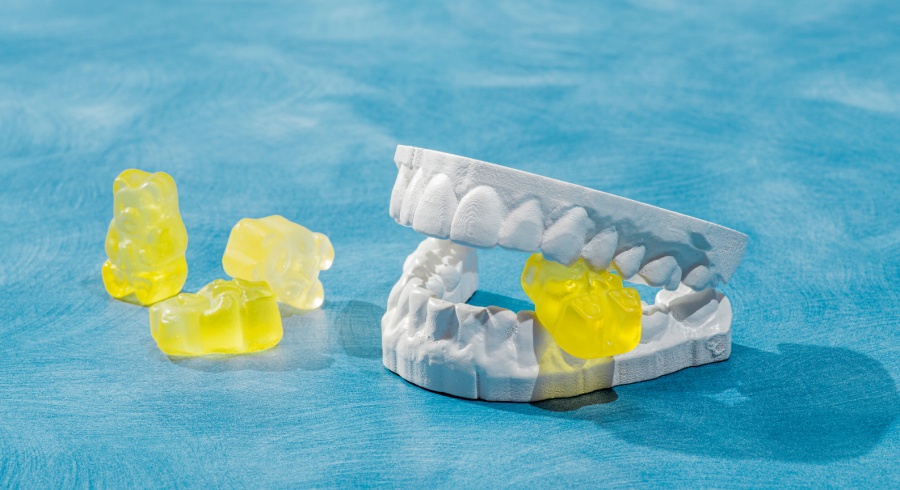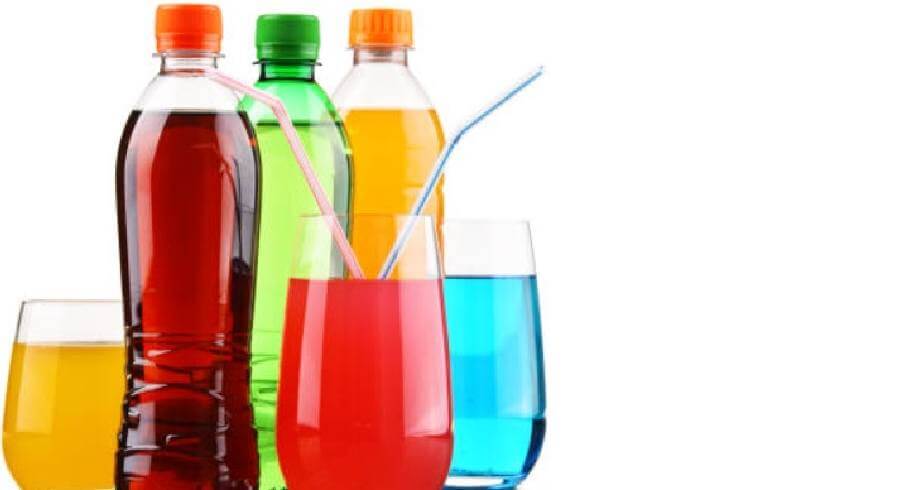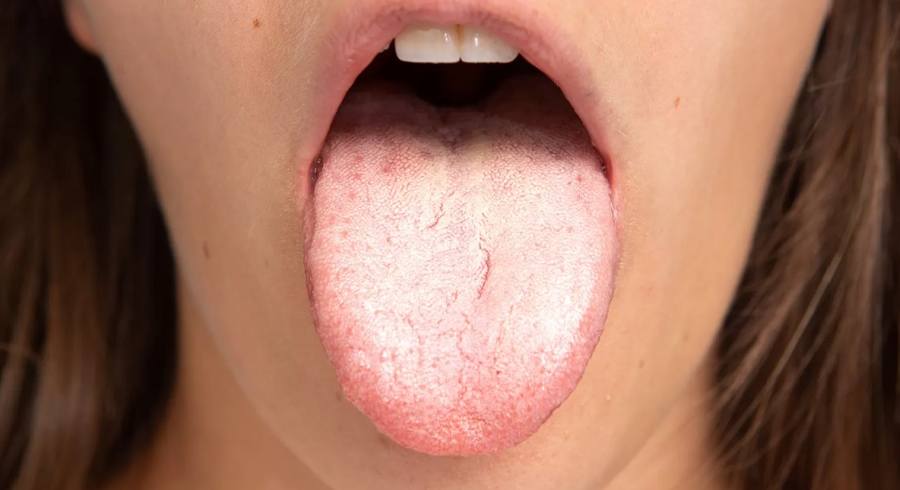
Maintaining good oral health is essential for you overall well-being, and one of the key factors in oral health is the food we consume. You may have heard the saying ‘you are what you eat’, in this instance, it’s true.
While many of us are aware of the importance of brushing and flossing, we may not realize that the foods we eat can directly impact the health of our teeth and gums. Dentists agree that certain foods can be particularly harmful to our dental health, causing decay, erosion, and cavities.
Let’s take a look at the worst foods for your teeth, according to dentists:
Sugary and Acidic Foods
Elders would always try to stop us from eating too much candy, even making up stories to do so. Turns out, they were right! One of the worst culprits for your dental health is, according to dentists, these types of foods pose a high risk to your teeth, leading to decay and erosion.
Sugary foods like candy, soda, and cakes contribute to the growth of harmful bacteria in your mouth, which produces acids that attack your tooth enamel.
Likewise, acidic foods such as citrus fruits, tomatoes, and vinegar can erode the protective layer of your teeth over time.
To minimize the impact of these foods, it is recommended to consume them in moderation and rinse your mouth with water after eating them. Additionally, maintaining a thorough oral hygiene routine, including brushing twice a day and flossing regularly, is essential for counteracting their negative effects on your teeth.

Sticky and Chewy Foods
Another type of food that dentists consider to be detrimental to your dental health is sticky and chewy foods. Sticky and chewy foods could include gum, caramels, gummy bears, and their varieties.
The problem with these is that they have a tendency to cling to your teeth, making it difficult for saliva and rinsing alone to wash them away. As a result, these foods provide an ideal breeding ground for bacteria, leading to a higher risk of tooth decay.
Furthermore, the act of constantly chewing on these sticky foods can also put added strain on your teeth and potentially lead to cracked or damaged enamel. Dentists advise limiting your consumption of, and if you do indulge, be sure to thoroughly brush and floss afterwards to remove any lingering remnants.

Acidic Beverages
Another category of food and drinks that dentists recommend avoiding for the sake of your dental health is acidic beverages like sodas, energy drinks, citrus juices, and even sports drinks that have a high pH level, which can erode your tooth enamel over time. The erosion weakens your teeth and makes them more susceptible to decay and sensitivity. Additionally, the high sugar content in many acidic drinks can contribute to tooth decay as well.
If you can't resist the occasional soda or fruit juice, dentists recommend using a straw to minimize contact with your teeth and rinsing your mouth with water afterward. However, it is best to opt for healthier alternatives like water or unsweetened herbal tea to protect your teeth in the long run. Remember, prevention is always better than treatment, especially when it comes to your dental health.

Hard and Crunchy Foods
In addition to acidic drinks, dentists also advise against consuming hard and crunchy foods if you want to maintain optimal dental health. While these foods may be satisfying to bite into, they can pose a threat to your teeth. Hard foods such as ice, hard candy, or popcorn kernels can cause cracks, chips, or fractures in your teeth. Problems like these may later on require various dental treatments such as single tooth implants.
On the other hand, crunchy foods like crispy chips or pretzels can also be problematic. They tend to get lodged in between your teeth, promoting bacterial growth and increasing the risk of cavities.
For health teeth, it is best to exercise caution when consuming hard and crunchy foods. If you want to sneak some in from time to time, try to break them into smaller pieces before eating, or opt for healthier alternatives like sliced fruits or vegetables.

Dry Mouth
Another factor that can contribute to the deterioration of dental health is a condition known as dry mouth, or xerostomia, which is a condition where the mouth does not produce enough saliva. Saliva plays a crucial role in maintaining oral health as it helps to wash away food particles, neutralize acids in the mouth, and prevent the buildup of plaque.
When there isn't enough saliva present, the mouth becomes a breeding ground for harmful bacteria that can lead to tooth decay and gum disease. Certain medications, medical conditions, and lifestyle habits can all contribute to the development of.
Well, this isn’t a food, so why is it on this list? The foods we have listed above may not directly or immediately cause problems with your teeth, but they may lead to dry mouth, which then directly causes problems and may be harder to cure in the long run.
If you're experiencing dry mouth, it's important to speak with you. They can provide guidance on lifestyle changes, recommend over-the-counter products to stimulate saliva production, or prescribe medications to alleviate the condition.
In addition to following professional advice, staying hydrated, avoiding tobacco products, and limiting the consumption of caffeinated and alcoholic beverages can also help prevent dry mouth and promote overall oral health.

Reducing the Risks
Reducing the risks from consuming certain foods that damage your teeth starts with adopting good oral hygiene practices. Dentists recommend brushing your teeth at least twice a day with a fluoride toothpaste and flossing daily to effectively remove plaque and food particles. Regular dental check-ups and professional cleanings are also essential to identify and address any potential issues before they worsen.
Another crucial aspect, as you might have guessed, is monitoring your diet. Avoiding or limiting the consumption of foods that are high in sugar and carbohydrates can significantly reduce the risk of tooth decay and gum disease.
Dentists advise changing sugary snacks with healthier alternatives like fruits and vegetables, which when consumed on healthy portions, enhance overall oral health. Drinking plenty of water throughout the day also helps wash away harmful bacteria and prevents dry mouth.







